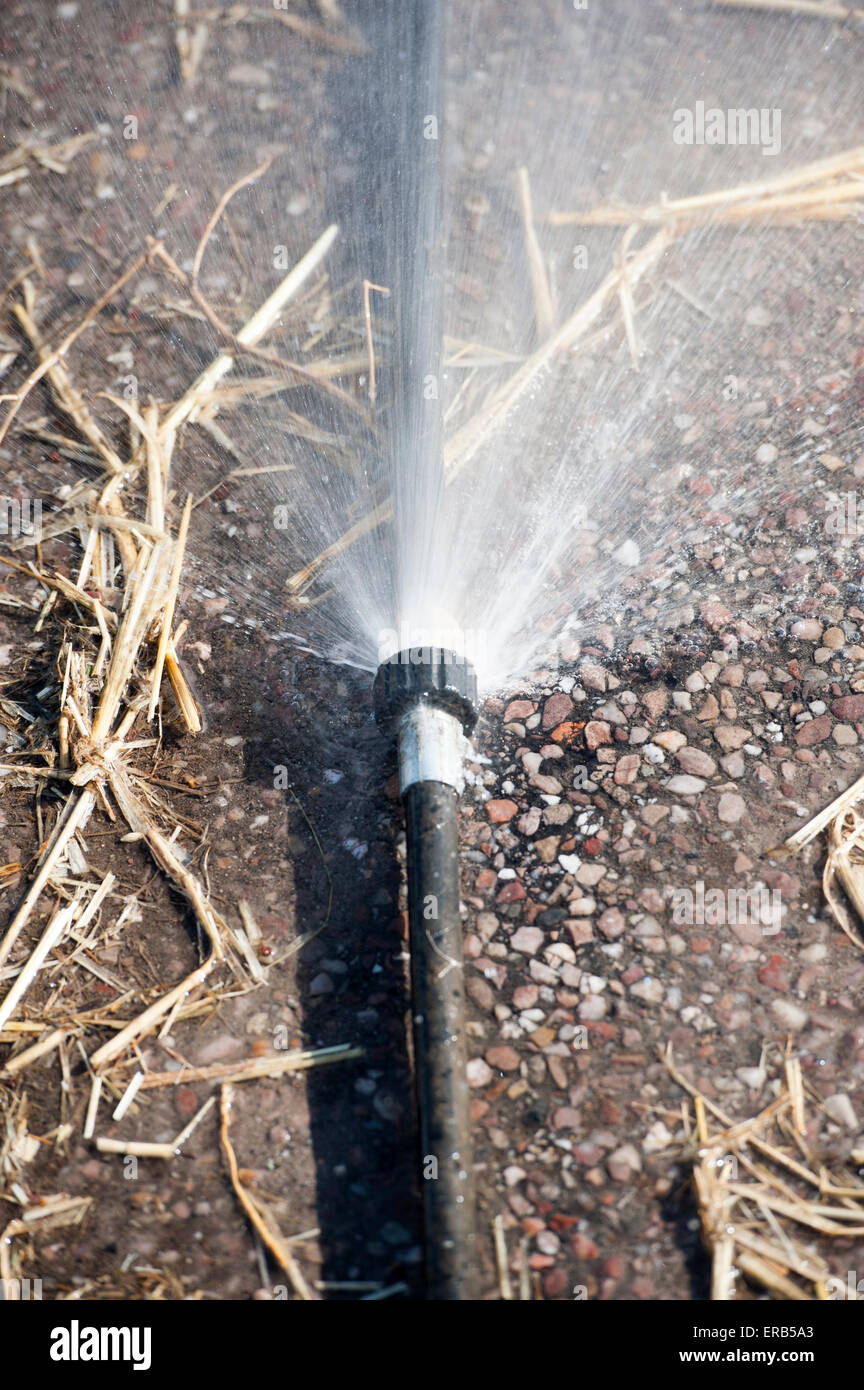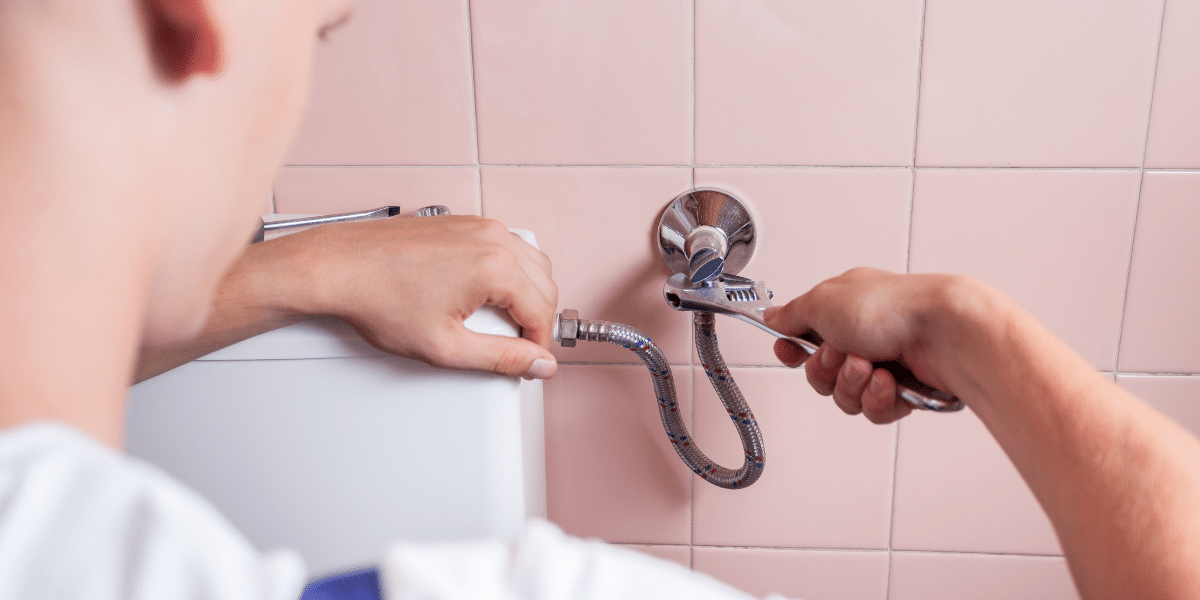The 5 Frequent Water Leak Sources
The 5 Frequent Water Leak Sources
Blog Article
What're your ideas regarding Common Causes of Water Leaks in the Home?

"Beware of little expenses. A tiny leak will sink an excellent ship." - Benjamin Franklin.
He could not have been extra best because water leakages in our homes cause a waste of sources, raising our water costs. This rise may appear negligible at initially, it can lead to considerable expenses that can break your financial institution. Apart from a boost in bills, water leakages likewise create unwanted organic growth, structural damage, and also also electrical dangers.
Figuring out if you have a water leak isn't always simple as a result of being incapable to see the majority of the pipework in your house. If you have had an increase in your water expenses lately, noticed water spots on wall surfaces as well as ceilings, smelt poor smell, and so on. You might want to take into consideration asking for plumbing services to get it looked into.
There are several reasons for water leaks, as well as we have actually assembled the common reasons below. Check to see if you have had related issues in your home recently.
Compromised pipeline joints
Pipeline joints are the components of our plumbing system where the pipes connect. It is vital to note that also though pipelines are created to endure pressure and last for a while, they weren't designed to last forever; as a result, they would deteriorate over time. A typical indication of harmed pipe joints is too much noise from taps.
High water stress
You discovered your home water pressure is more than common yet after that, why should you care? It runs out your control.
It would certainly be best if you cared due to the fact that your ordinary water stress must be 60 Psi (per square inch) as well as although your house's plumbing system is developed to withstand 80 Psi. A rise in water stress can place a pressure on your house pipes and bring about cracks, or even worse, ruptured pipes. Get in touch with an expert regarding regulating it if you ever before observe that your residence water stress is higher than usual.
Corrosion
As your pipework ages, it gets weak and also a lot more vulnerable to rust after the frequent passage of water via them, which can eat away at pipes and create cracks. A noticeable indicator of deterioration in your home plumbing system is staining as well as although this may be hard to spot due to the majority of pipes hidden away. We encourage doing a constant check-up every few years and also transform pipes once they are old to ensure a sound plumbing system
Blocked drains pipes
Food bits, dirt, and oil can cause clogged drains pipes and obstruct the passage of water in and out of your sink. Enhanced stress within the gutters can finish and also create an overflow up splitting or rupturing pipes if undealt with. To avoid clogged up drains pipes in your home, we encourage you to avoid putting fragments down the drain and also regular cleaning of sinks.
Busted seals
One more root cause of water leaks in houses is damaged seals of home appliances that utilize water, e.g., a dishwashing machine. When such devices are installed, seals are installed around water adapters for very easy passage of water via the device. A broken seal can create leak of water when in use.
With little or no knowledge of plumbing, understanding your house's plumbing system adequate to repair a few of these problems (without effect) can be a hassle. Get in touch with plumbing specialists in Pittsburgh, Providence, Rochester, and environ today, and also they'll make those problems vanish.
He could not have been much more best because water leaks in our residences result in a waste of resources, raising our water costs. If you have had a boost in your water expenses recently, observed water stains on ceilings and also walls, scented lousy smell, and so on. A boost in water pressure can put a strain on your home pipelines and also lead to splits, or worse, burst pipes. Another cause of water leakages in houses is damaged seals of residence appliances that make use of water, e.g., a dishwasher. When such appliances are mounted, seals are installed around water adapters for easy passage of water with the machine.
5 TIPS IN DETECTING A WATER LEAK IN YOUR HOUSE
Water leaks can be hard to find in your home, yet they can be so common. We rely on water every day in our home, which is why a leak can cause big problems. By detecting them early, you can save money and further damage, getting the problem fixed as soon as possible. Here are 5 tips to help you detect a water leak in your home, so you can contact a plumber straight away and get the issue sorted.
Check your water meter
Many people underestimate the value of the water meter in their home. It can be one of the best ways to tell if you have a leak early on, so you can get on top of it before issues start arising. Start by turning off all the water in your home: taps, washing machine, dishwasher, etc. Now take a look at the meter – if it’s still changing with everything turned off, it’s likely you have a fast-flowing leak that you need to get on top of straight away. If nothing changes, then leave your meter for an hour or two and come back to it. Did it change in this time? It’s likely you have a slower leak, which isn’t as urgent but still handy to get fixed so it doesn’t become a bigger problem.
Keep an eye on your bill
Another good way to detect a leak in your home is by keeping an eye on your water bill. It helps if you have a past bill from the same period of time. You can compare like for like and determine whether your water usage has increased significantly. If it has, there may be a leak in your system that you haven’t picked up before. A professional plumber can check through all of your pipes and determine where it is coming from.
Look for damage
If you have a leak inside your home, you will notice damage over time. Take a look at your showers and bathtubs and note whether any of the tiles surrounding the area seem to be discoloured or damaged in any way. There may be water stains, mould or peeling material that has resulted from a build up of moisture over time. Make sure you take a look under sinks at the back of cupboards that don’t get accessed regularly. This is where damage can go unnoticed and build up over periods of time.

As an enthusiastic reader on How to Find and Prevent Water Leaks in Your Home, I imagined sharing that piece of content was sensible. Be sure to set aside a second to promote this blog entry if you enjoyed it. I thank you for reading our article about How to Find and Prevent Water Leaks in Your Home.
Quick, reliable, call! Report this page